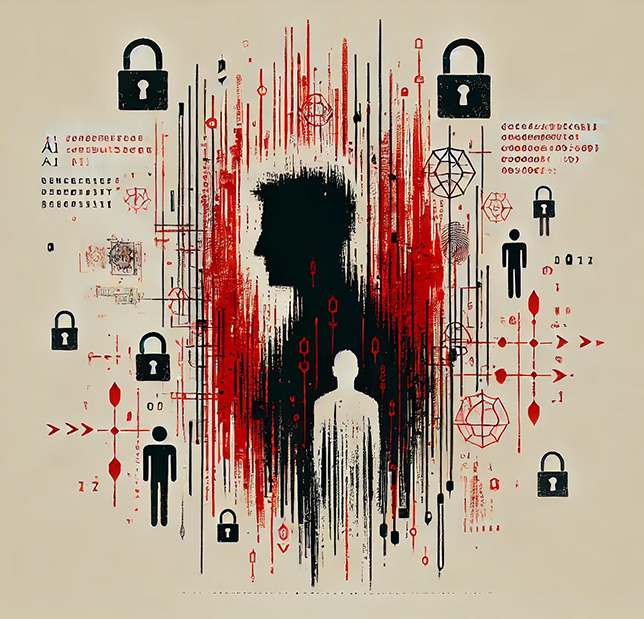
OpenVPN, an open source virtual private network (VPN) system integrated into millions of routers, firmware, PCs, mobile devices and other smart devices, is leaving users open to a growing list of threats, according to a recent report from Microsoft.

A recent study on the "digital divide" among high school students shows improving device access, but persistent barriers for historically underprivileged populations.

A new report from Cambium Learning Group outlines the top ways educators are using artificial intelligence to manage their classrooms and support student learning.

A new report examines how advanced AI can help perform adversarial testing with red/black teams and provides recommendations for organizations to do just that.

The No. 1 cybersecurity threat in the cloud has changed from a couple years ago, according to a new report from the Cloud Security Alliance (CSA), which provided handy mitigation strategies and suggested AI can help (or hurt).

A report from cloud-based data/BI specialist Domo provides a staggering estimate of the minute-by-minute impact of today's generative AI boom.

Organizations that made early bets on AI may be in for a letdown, the research firm warns.
K–12 administration software provider Frontline Education recently released a new research brief regarding the use of AI adoption in schools, according to a news release. “Insights into K–12 AI Adoption: Educator Perspectives and Pathways Forward” was developed from the results of the Frontline Research and Learning Institute’s annual survey of district leaders.
NWEA recently released the latest in a series of research reports studying the effects of the COVID-19 pandemic on learning and academic recovery, according to a news release. The report incorporates data from the 2023–24 school year, and the results indicate that learning loss, unfinished learning, and low achievement gains — especially among middle schoolers — continue to plague students.

To clarify the potential risks of GenAI and provide "a concrete understanding of how GenAI models are specifically exploited or abused in practice, including the tactics employed to inflict harm," a group of researchers from Google DeepMind, Jigsaw, and Google.org recently published a paper entitled, "Generative AI Misuse: A Taxonomy of Tactics and Insights from Real-World Data."